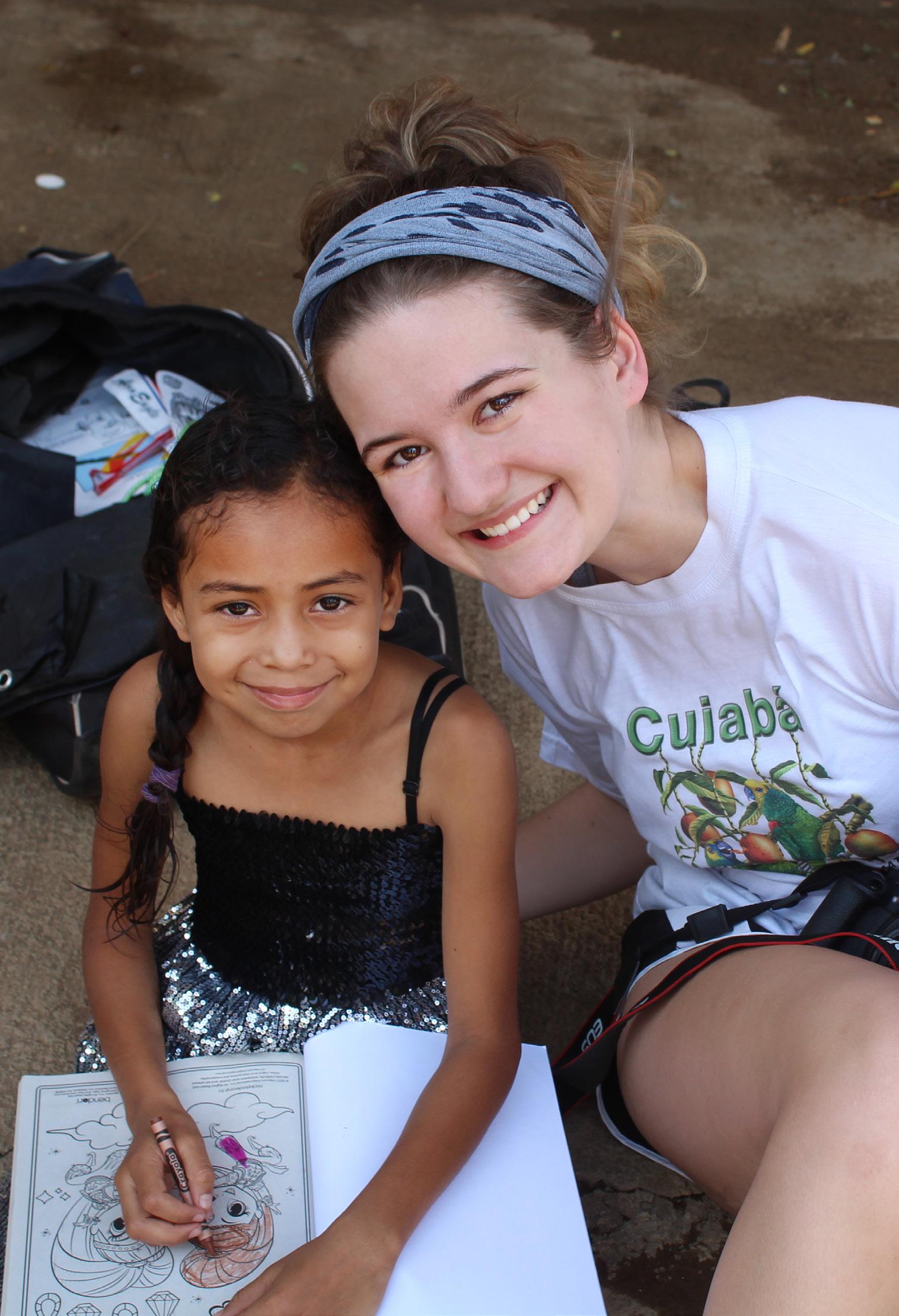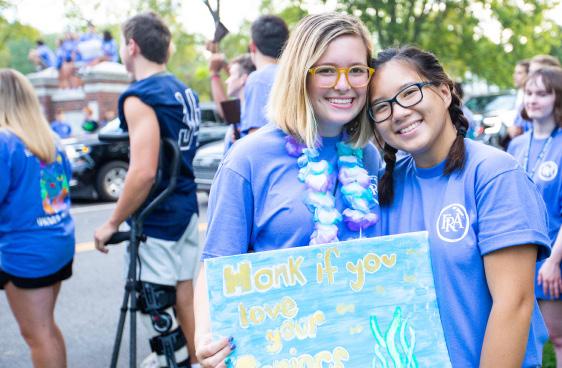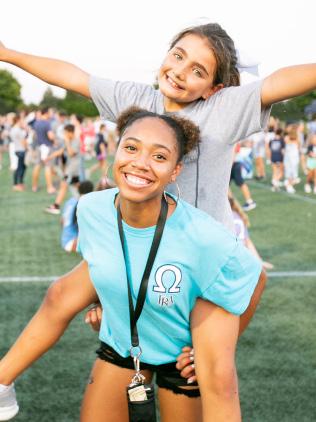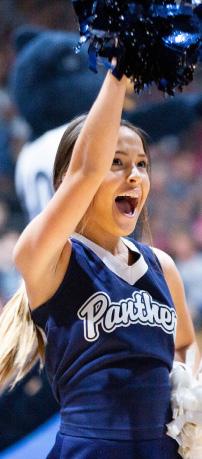to solve problems. The course focuses on learning to create computational artifacts. Students enrolled in the course learn the role and impact of technology and programming in society. Students also develop an appreciation of programming and technology as a way to personally create significant artifacts and an understanding of programming and technology as a way to create solutions to computational problems.
BROADCAST JOURNALISM ½ Credit Broadcast Journalism is an introductory course designed to acquaint students with the fundamentals of broadcast production through a theory-based, hands-on approach, which includes writing, producing, utilizing on-air camera techniques, and editing. Students will receive basic training in videography techniques using digital technology to create various broadcasts for TV and the Internet (Podcasts). The class will focus on writing and reporting well-balanced, comprehensive, and visually compelling stories. Students will research, report, write, shoot, and edit stories. In addition, students will explore the history of radio and television and examine the responsibilities and ethics of broadcast journalists.
BROADCAST JOURNALISM II ½ Credit Broadcast Journalism II is a semester-long academic elective for students in grades 9-12. This is an advanced level course designed to challenge students already equipped with the fundamentals of broadcast journalism. Students enrolled in this course will apply and use their journalistic skills for a variety of purposes. This course will have two objectives. The first is to develop the skills necessary to run a news broadcast, including interviewing, videography, and photography. The second is utilizing editing software to create creative videos with a variety of topics, including a PSA and short films. Students will have the opportunity to present their work to the student body and compete in national competitions. Broadcast Journalism I is a prerequisite for this course.
ACADEMIC ELECTIVES Academic electives offered at FRA cover a variety of topics and life skills. These courses do not fulfill departmental requirements, but count as academic courses toward a student’s required 20 academic credits. Many of these courses include professional speakers and enrichment opportunities outside the classroom.
Academic Program Guide | 48











